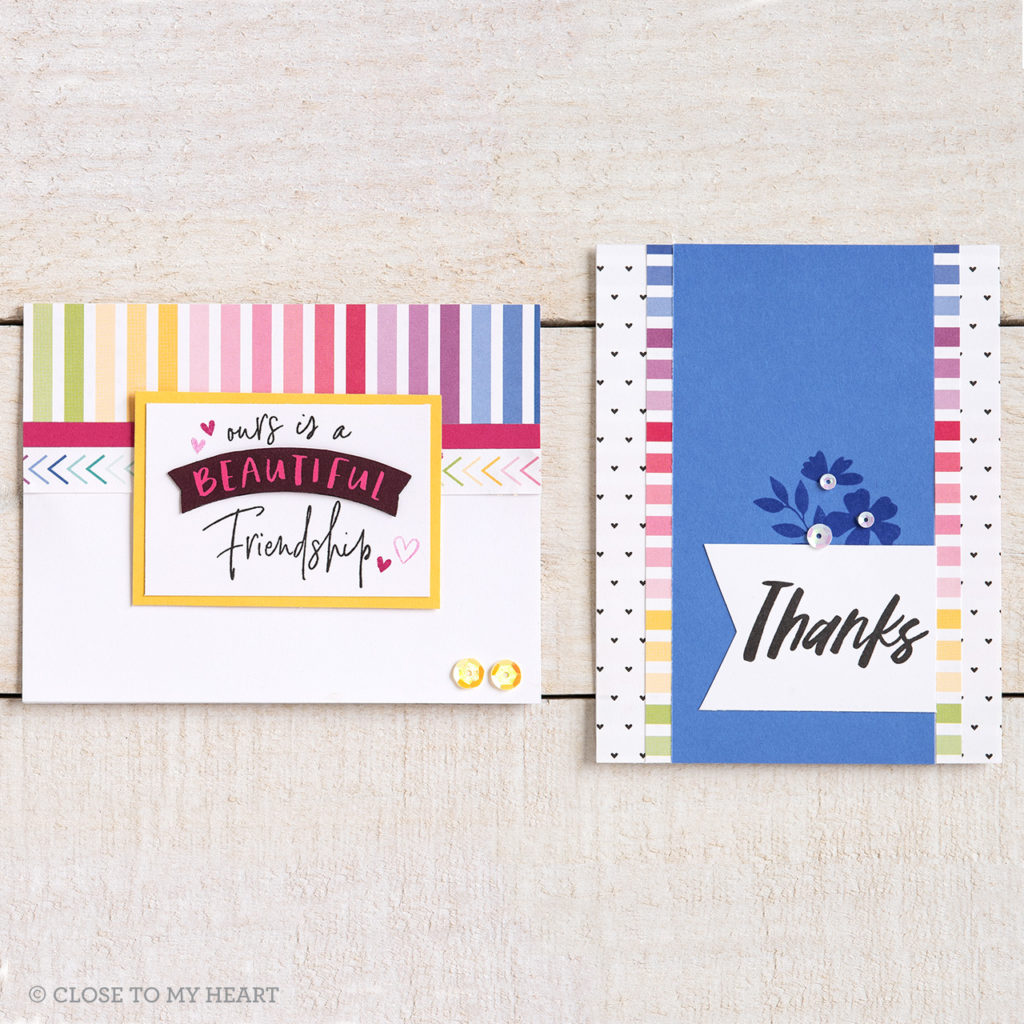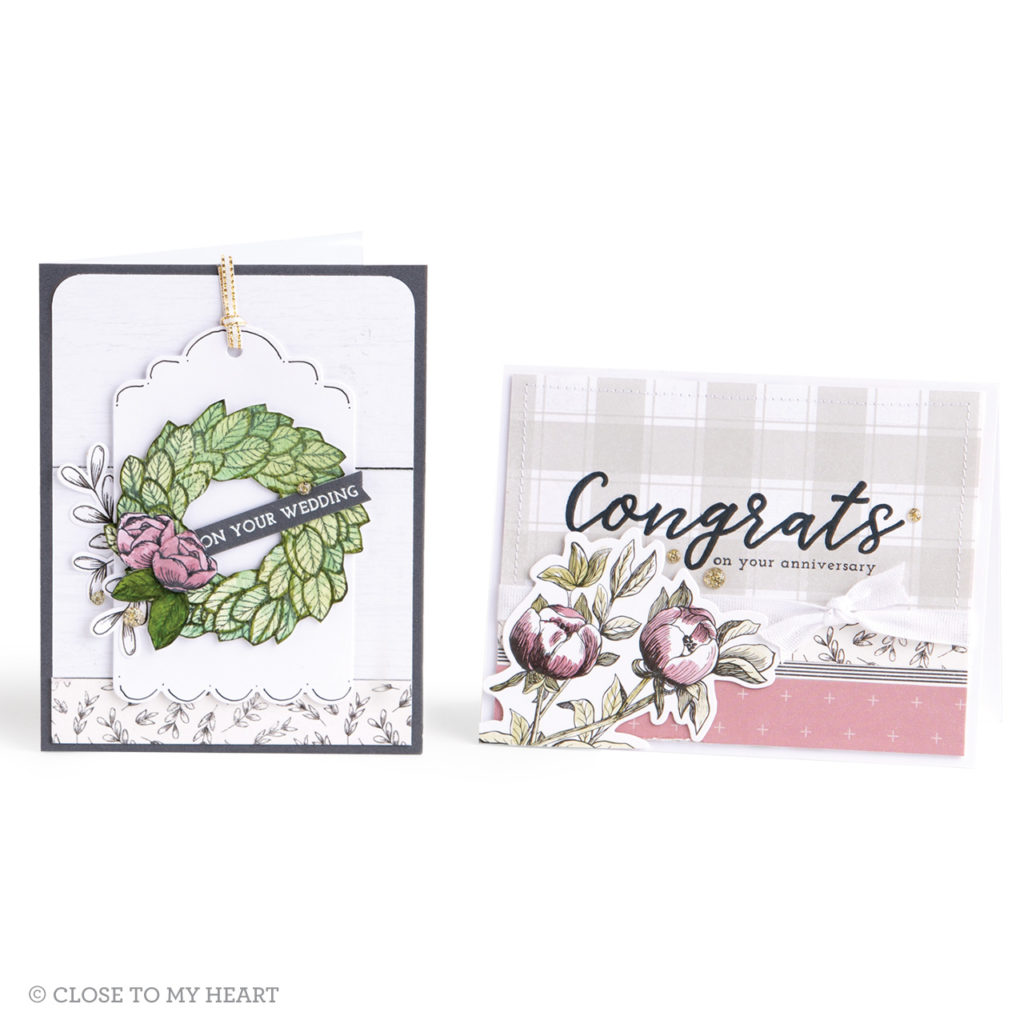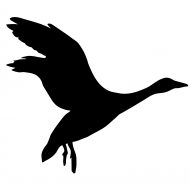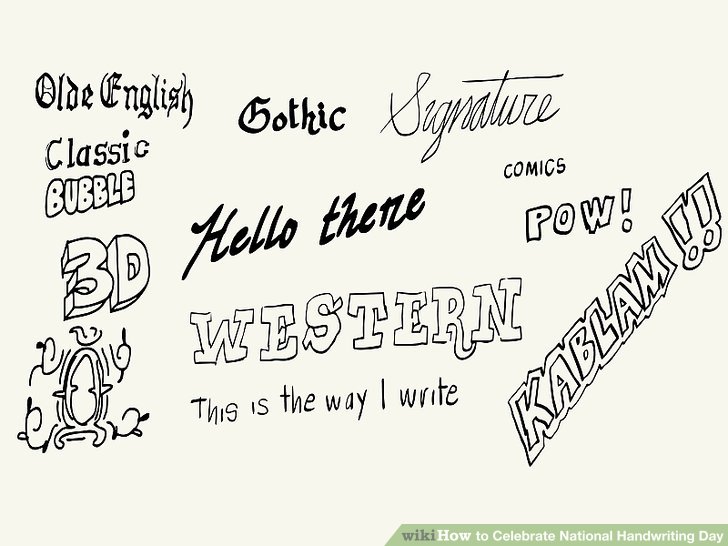…is January 23rd every year.
In today’s world, why even know how to write by hand? There are several reasons having to do with cognitive development and so forth, but here’s a practical reason that’s applicable to both younger people and older people: not only is it often the “write” thing to do, but handwritten correspondence has become so unusual that other people really remember someone who bothers to write something by hand, for example, a thank-you note.

The following is from The Last Lecture by Randy Pausch. Chapter 41 is entitled “The Lost Art of Thank-You Notes”:
Showing gratitude is one of the simplest yet most powerful things humans can do for each other. And despite my love of efficiency, I think that thank-you notes are best done the old-fashioned way, with pen and paper.
Job interviews and admissions officers see lots of applicants. They read tons of resumes from “A” students with many accomplishments. But they do not see many handwritten thank-you notes.
If you are a B+ student, your handwritten thank-you note will raise you at least a half-grade in the eyes of a future boss or admissions officer. You will become an “A” to them. And because handwritten notes have gotten so rare, they will remember you.
When I’d give this advice to my students, it was not to make them into calculating schemers, although I know some embraced it on those terms. My advice was more about helping them recognize that there are respectful, considerate things that can be done in life that will be appreciated by the recipient, and that only good things can result.
For instance, there was a young lady who applied to get into the ETC and we were about to turn her down. She had big dreams; she wanted to be a Disney Imagineer. Her grades, her exams and her portfolio were good, but not quite good enough, given how selective the ETC could afford to be. Before we put her into the “no” pile, I decided to page through her file one more time. As I did, I noticed a handwritten thank-you note had been slipped between the other pages.
The note hadn’t been sent to me, my co-director Don Marinelli, or any other facility member. Instead, she had mailed it to a non-faculty support staffer who had helped her with arrangements when she came to visit. This staff member held no sway over her application, so this was not a suck-up note. It was just a few words of thanks to somebody who, unbeknownst to her, happened to toss her note to him into her application folder. Weeks later, I came upon it.
Having unexpectedly caught her thanking someone just because it was a nice thing to do, I paused to reflect on this. She had written her note by hand. I liked that. “This tells me more than anything else in her file,” I said to Don. I read through her materials again. I thought about her. Impressed by her note, I decided she was worth taking a chance on, and Don agreed.
She came to the ETC, got her master’s degree, and is now a Disney Imagineer.
I’ve told her this story, and now she tells it to others. Despite all that is now going on in my life and with my medical care, I still try to hand write notes when it’s important to do so. It’s just the nice thing to do. And you never know what magic might happen after it arrives in someone’s mailbox.
Need help with handwriting? There are many resources available to teach you or get you back into practicing good handwriting, from writing implements
to practice books, such as the ones found here.
And I can show you how to make your own beautiful notecards for a variety of uses and occasions.


